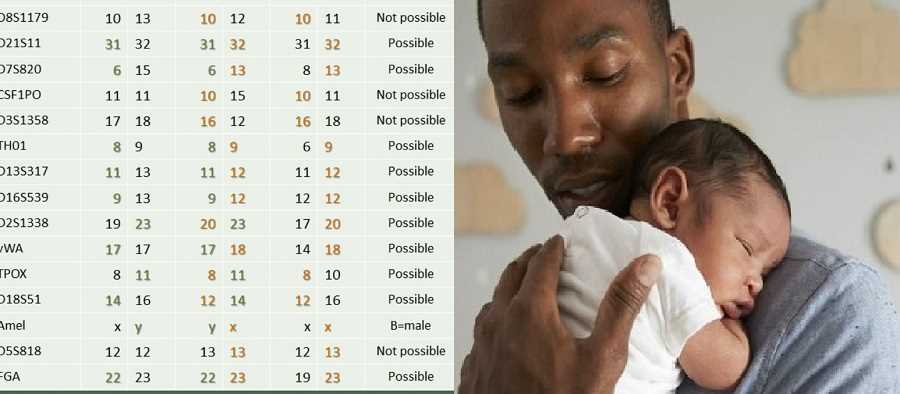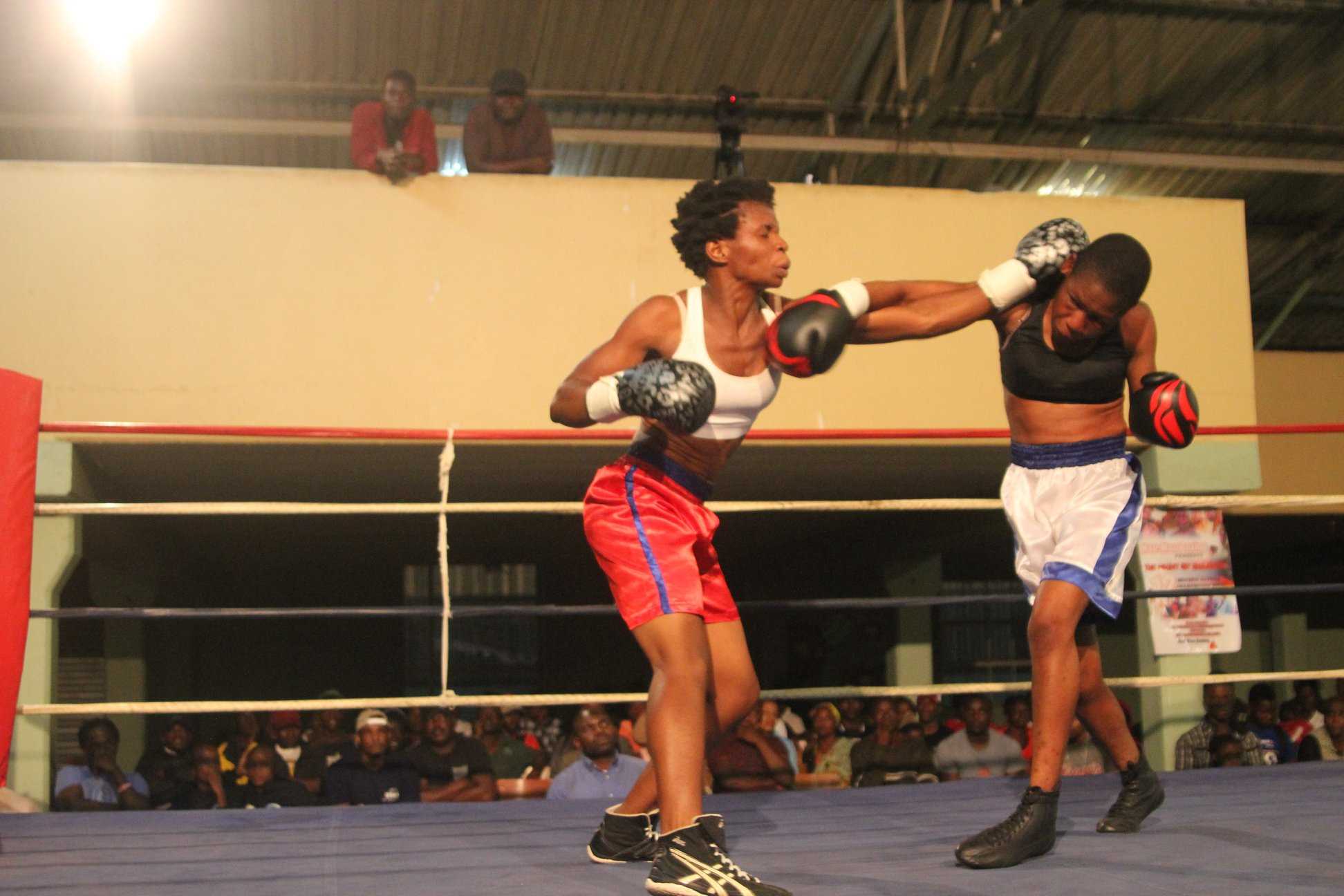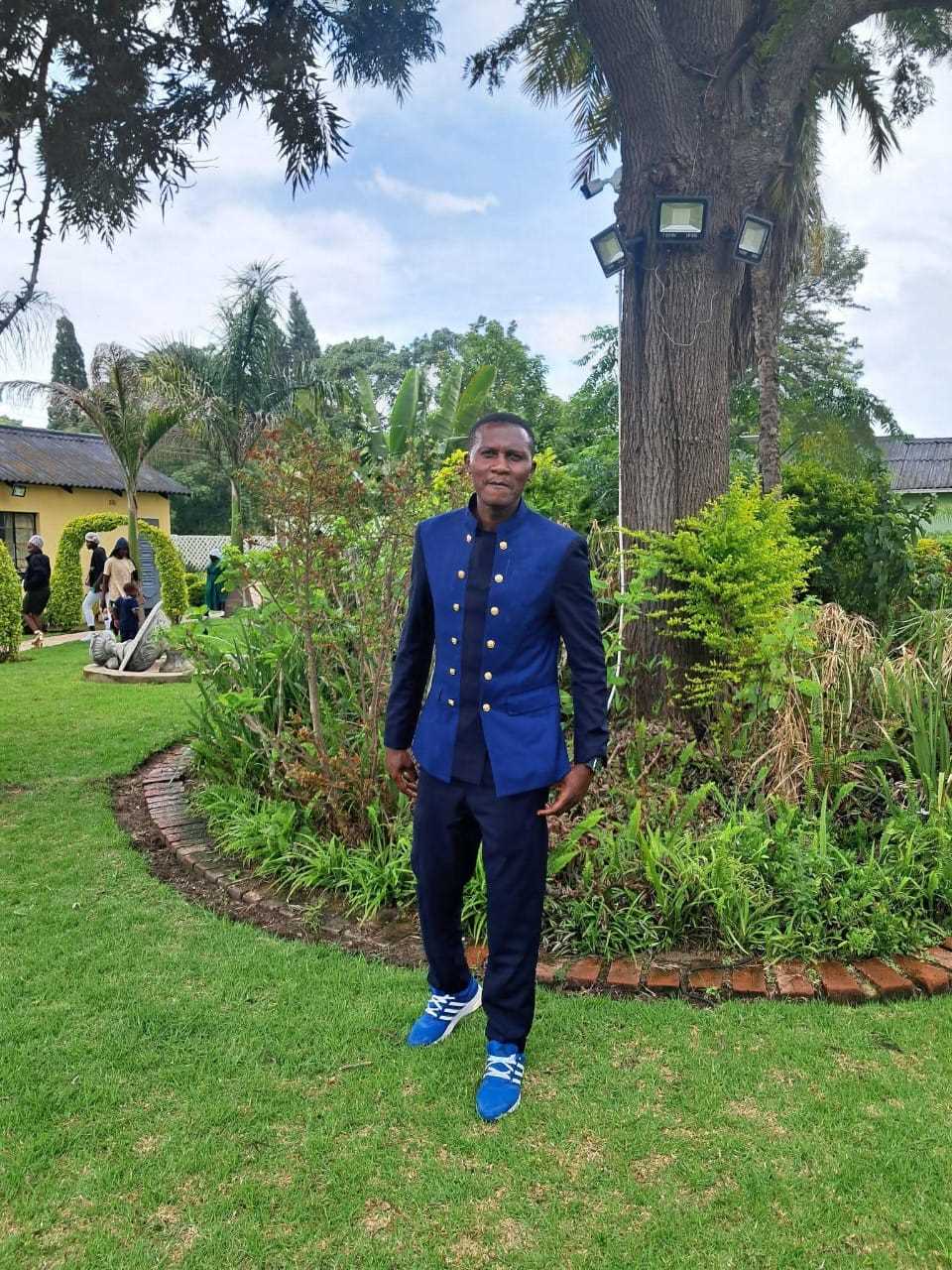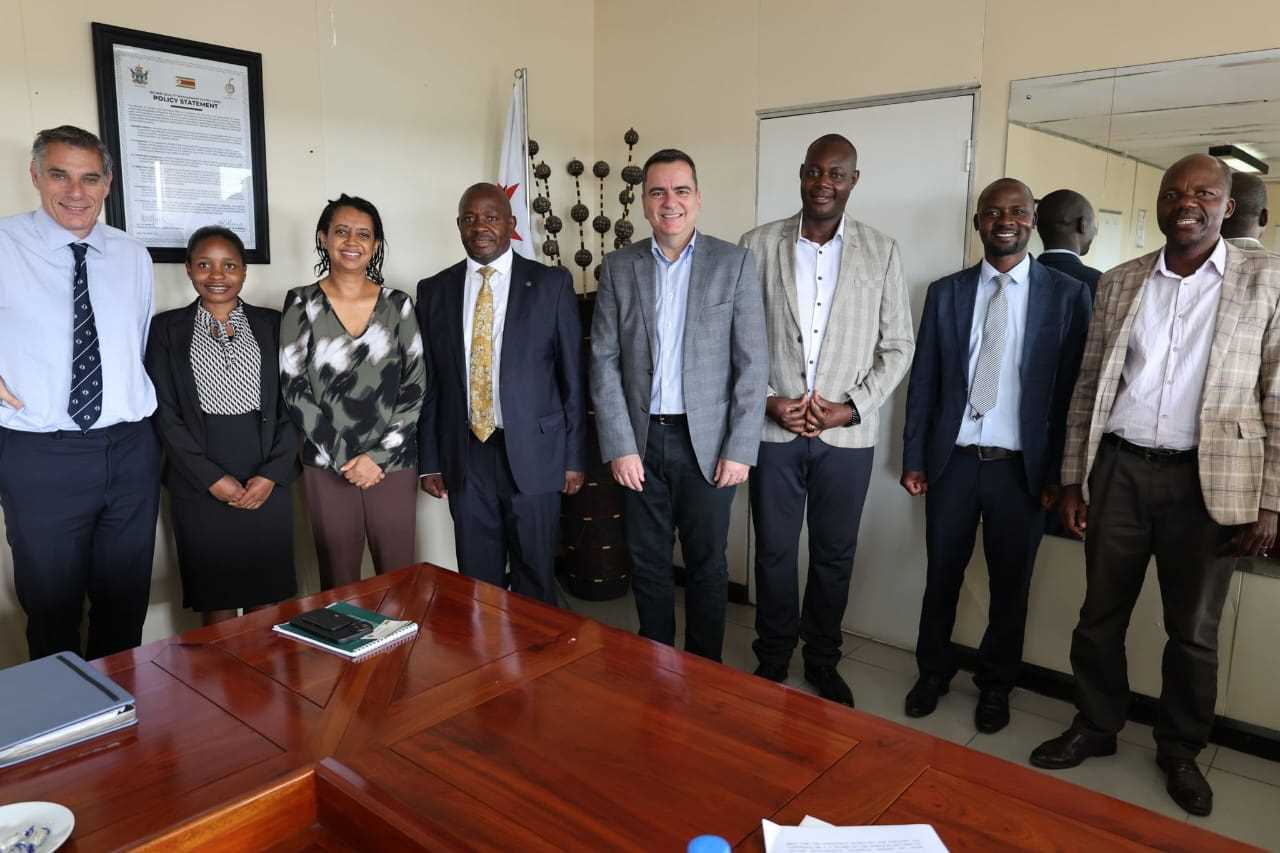
Edmore Zvinonzwa
But uncle, why were you not telling me this all along?” 40-year-old Tozivei asked.
The uncle who had travelled all the way from Zimbabwe to Johannesburg in South Africa said he too, had no clue, until his sister, Tozivei’s mother, confessed that Tozivei did not share the same DNA with the man had called father from birth.
Tozivei says he thought of his own two sons and two daughters who now also bore the surname that he had just learnt did not belong to his biological father.
He stormed out his Johannesburg house for what would be a three-week absence in which he would not communicate with anyone, including his wife.
He is still to wrap his head around the fact of a whole group of strangers that are suddenly his true blood relatives and how to relate to the people he always thought were his relatives but whose blood he does not share.
And, the complexity of his emotions towards his mother, who he is still to meet with or even talk to, after the disclosure.
Tozivei’s predicament is not peculiar. There are many who only get to learn of their biological fathers when they are grown up.
Why do these women confess?
Tozivei’s uncle does not know why his sister suddenly decided to tell the true story of Tozivei’s paternity.
Some women confess on their death beds.
Others speak up because the child will be facing a run of bad luck and the mothers believe that it is only by disclosure that solutions can be found. Spiritual leaders often guide their followers to confess the truth.
Yet other women are outed by relatives and friends. Others are forced to confess because the biological fathers would have started pressurizing them.
Zim Now spoke to a number of people to ask if women like Tozivei’s mother should disrupt their adult offspring’s lives with such confessions.
Mothers must take their secrets to the grave
Amos Magwaro, 75, of Chikati Village in Zaka thinks if a woman hides a child’s true paternity at birth and through childhood, she must take her secret to the grave because the trauma of learning the truth as an adult is devastating and does not only affect the one individual.
“What do you expect the children to do? And also the siblings they grew up with as brothers and sisters all their life. They will also find it difficult to accept,” he said.
A woman who declined to be identified said these women are selfish and always put themselves first.
“First of all she made a choice that was the best for her by lying about paternity. Then she chooses herself again by wanting to die with a clear conscience.
“Yet she is transferring that burden to this same offspring that she denied paternity for all these years. These women must stand by their first decision and die in silence,” she said.
When in doubt test, but do it early
Bernard Kaserera, who lives in Chitungwiza says it is unfortunate for those in Tozivei’s position who were born before DNA testing was locally accessible.
But, he says, there is no need to continue writing such devastating life stories. He says if in doubt every man must confirm paternity conclusively.
“Most men these days want to make sure through DNA tests to avoid maintenance and other legal complexities that may arise later.
“This, however, must be done as soon as the child is born to avoid problems in the future,” said the 50-year-old.
DNA tests have been used in solving many challenges such as children’s custody and inheritance. The late Genius Kadungure is a popular example of the 60 percent plus men sued for maintenance who turn out not to be the biological father.
But at US$500 a pop, it’s not every man who can afford the certainty they bring.
So even today, many other countless Toziveis are innocently going about the business of growing up, with absolutely no idea of the painful discovery that awaits them many years into the future.
Related Stories
Terrible as it is, it’s never too late for truth
Takunda Mabika, 30, said the truth must come out, even if it a lifetime late.
“Telling an adult about the biological father late in life will affect them very badly. However, the truth, though painful, is important as it sets the mother free and the child too. These days, we see people ending up going for DNAs to prove paternity because they habour suspicions. But there are cases when you see similarities that should naturally dissuade you from going for the test,” said Mabika.
Once it’s out, deal with it
Social commentator Dr Rebecca Chisamba said when one finds themselves in Tozivei’s position, they must be open minded and look beyond prescriptive societal rules. First is to accept that fatherhood is not just about being the owner of the sperm that hit the mark and a those around Tozivei should also acknowledge that fact.
“Father refers to muchengeti, muriritiri (one who protects and provides. Ipai munhu aita basa sando dzake. (All respect and honour should go to the step-father, who sent the child to school and took care of him all the time when he fell ill. These are not easy things,” said Dr Chisamba.
She said Tozivei must also look beyond his pain and empathise with his mother because it could not have been easy on her to hide his paternity through the years.
“The mother might have special reasons for not disclosing this to the child and I think it might have been an agreement with the step-father that she should keep it under wraps,” she said.
Dr Chisamba said the biological father and his family must also come under the spotlight.
“The fact that the child is now over forty and now has a family of his own means they did not want to have anything to do with him. renowned social commentator.
She said Tozivei could just choose to keep the name he has used all his life as changing his name will not change the person he is.
Men must not claim adult offspring they did not raise
Ambuya Anatoria Gwesu, 72, said sometimes the torment that people like Tozivei suffer is caused because the mother is forced to confess the truth when the biological father suddenly pops up demanding
men who did not play the father role while a child is growing up have no business disrupting that person’s life as an adult claiming blood ties.
“Children belong to the families within which they grow. That is where they are sheltered, fed and clothed and for someone to claim they are their biological fathers is wrong. Just giving someone a child is not fatherhood at all. You must be able to give your offspring life,” said the granny of six.
Fathers can also be victims of female perfidy
Patrick Machaya, 53, said some men die without knowing that they have children out there.
He says those men are not necessarily dead beat fathers who don’t care about their children.
But they are also victims of women who decide to play god and choose “better” fathers for their children instead of accepting the biological fact.
“Women know the biological fathers of all their children but they deliberately keep it secret and pick on someone for material reasons so that the child will have a better upkeep.
“So, the mothers know but decide to hide this. Unfortunately, it may never come out in certain instances,” he said.
No answers in ancient wisdom
Searching in tradition, there are no clear answers either.
On one hand the expression “Gomba harina mwana” suggests that all child born with the marital set up automatically belonged to the man of the house. Period.
If an infant cried for too long, the old women would tell the mother to take it outside and quieten it there. The reason was that just in case the baby belonged to another clan, the mother could use the privacy to call on its people by their totem, and so enlist their help in calming their restive little relative.
But on the flip side there are all sorts of beliefs that blood will always call to its own. Particularly difficult childbirth, a child who did not suckle well on the mother’s breast at birth, unexplained illness in the baby and other such things that can happen to any child were and are still taken as signs that the mother wants to pass of a “gora” (bastard) as a legitimate child of the man she is married to.
Conclusion
The only thing that is clear is that the trauma and psychological impact of the women’s confessions can only be imagined by one who has not walked in Tozivei’s shoes.




















Leave Comments